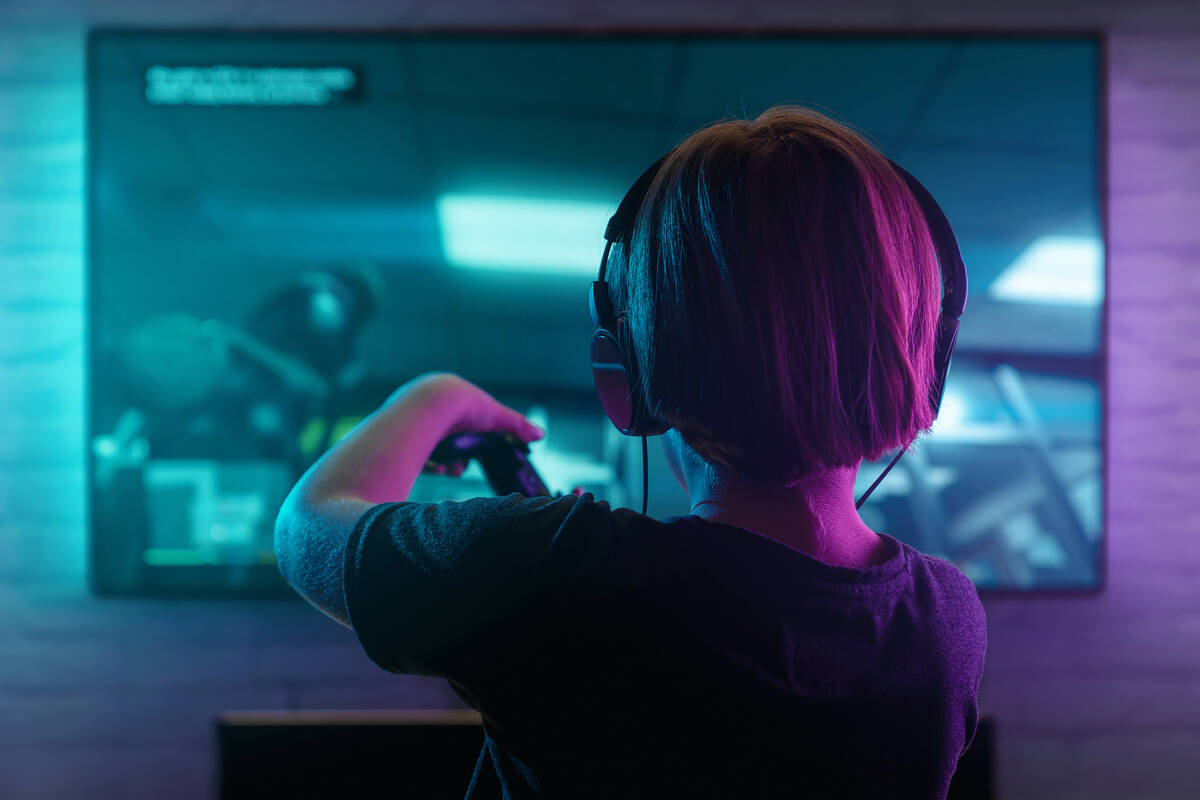Research links screen time to risk for OCD in children
Screen time is linked with obsessive compulsive disorder diagnoses in children, according to a new study.
Every hour preteens spent playing video games each day was associated with a 13 percent increase in the odds of developing OCD over a two-year period, according to the study, which was published Dec. 12 in the Journal of Adolescent Health.
In addition, each hour preteens spent watching videos per day was associated with an 11 percent uptick in the odds of developing the disorder, according to the study.
The study, conducted by researchers at the University of California, San Francisco, included 9,204 children ages 9 to 10, according to a news release from EurekAlert. Participants were asked about how much time they spent on devices with screens, and they averaged 3.9 hours per day.
Two years later, in 2021, the group was re-evaluated for OCD symptoms and diagnoses, according to the release.
OCD is characterized by a pattern of obsessions and compulsions that occur frequently and cause distress, according to the International OCD Foundation.
“Children who spend excessive time playing video games report feeling the need to play more and more and being unable to stop despite trying,” said Dr. Jason Nagata, the lead author of the study, according to the release. “Intrusive thoughts about video game content could develop into obsessions or compulsions.”
Social media use, texting and video chatting were not linked with OCD, according to researchers, though results could be different for older teens. Screen time associated with education was not included in the study.
“Although screen time can have important benefits such as education and increased socialization, parents should be aware of the potential risks, especially to mental health,” said Nagata, an adolescent medicine specialist and assistant professor of pediatrics at UCSF. “Families can develop a media use plan which could include screen-free times including before bedtime.”
Daily screen time for children has been climbing since at least 2011, according to Quartz, citing a media usage survey. “Daily mobile media usage among kids under eight is nearly 10 times higher than it was in 2011,” the outlet reported in 2017.
More recently, children’s recreational screen time doubled during the pandemic, according to a previous study from UCSF.
Excessive screen time among teens has been linked to poor mental health, bad quality sleep and obesity, among other issues, according to multiple studies.


















